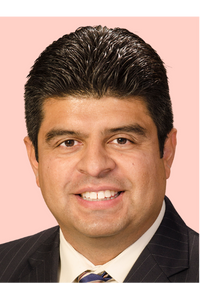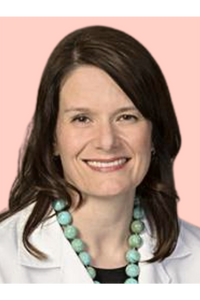Heart Healthy Arizona
Join a panel of health experts for a one-hour virtual discussion that will explore how our habits and lifestyle may impact heart health. Learn how health disparities, gender, sleep habits, and nutrition all play a part, and how health research that considers all of these factors may help researchers understand more about why people get sick or stay healthy.
Missed our webinar?
Watch the full recording below, and follow us on social media for future event updates!
Meet the Panelists
A Glimpse at What Some All of Us Researchers are Currently Studying
The All of Us Research Program enables traditional and nontraditional researchers to learn from a community of one million or more participants, including many who haven’t taken part in health research before.
1) Identification of genetic determinant of heart failure and cardiomyopathies
2) Assessment of interaction between the genetic determinants and environmental factors in the development of heart failure and cardiomyopathies
3) Assessment of personalized approaches for the screening, prevention, and treatment…
Racial Disparities in Heart Failure (what are the predictors of heart failure and how do these predictors vary by race)...
Cardiovascular disease risk is an important determinant of how we treat patients. Preventive medications can reduce future risk, but they are associated with both financial and biological side-effects. Previous methods of predicting risk, notably the Pooled Cohort Equation (PCE), tend…
To learn more about these and other studies going on, visit the All of Us Research Directory.
Watch Our Previous Webinar
COVID-19 and Its Effects on African American Women
Join Dr. Allen and the women of the Delta Beta Omega Chapter of Alpha Kappa Alpha Sorority, Inc. for a one-hour, virtual discussion that will explore how health disparities grew during COVID-19 for communities of color, and how medical research with a diverse group of participants may help scientists understand why.








